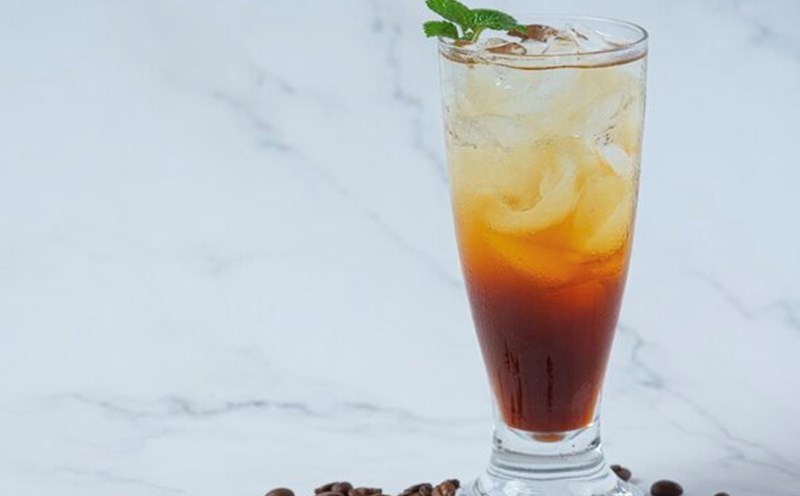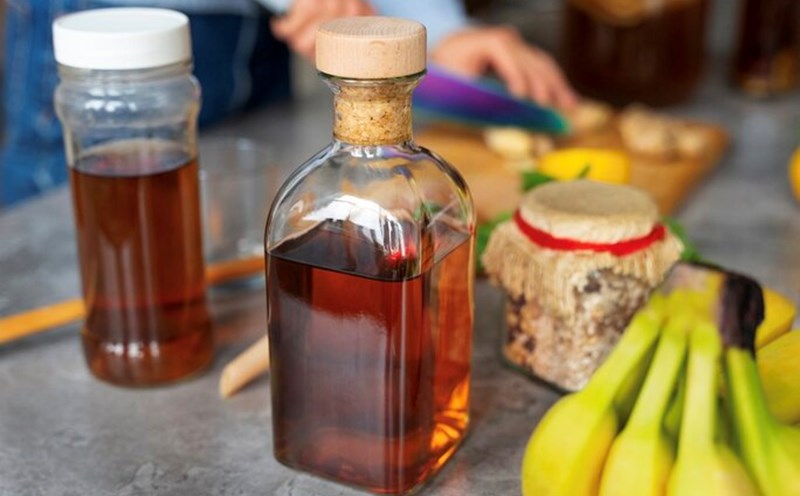Live probiotics are beneficial for the intestines, increasingly popular in drinks such as kefir, kombucha, yogurt or probiotic juice. These products are advertised as digestive support, immune enhancement, even mood improvement and inflammation reduction. However, experts warn against expecting too much from them, especially when the information on the product label is not always accurate.
When used properly, probiotics can benefit the intestines and immune system. However, the problem is that not all products contain enough live bacteria to be effective," said nutritionist Suzanne Fisher, RD, from investor Nutrition systems (Florida, USA).
A typical example is kefir, a fermented milk that contains both bacteria and Yeast. Some studies show that kefir helps improve digestion, reduce lactose intolerance and stabilize blood sugar. kombucha, made from fermented black tea, is said to support the digestive system, increase gut bacteria and help detoxify. However, kombucha can contain high levels of sugar, caffeine and alcohol, which can be harmful if used too often.
Yogurt and probiotic juice are also increasingly popular thanks to their convenience. They contain probiotics such as Lactobacillus acidophilus or Bifidobacterium bifidum, which are thought to help improve digestion and immunity. However, according to Suzanne Fisher: Conservation and production process greatly affect the survival of bacteria in the product.
Not only that, the FDA does not strictly control probiotic supplements, including oral formats. This means that the products may not contain the correct type or amount of probiotics as stated on the label. There are no clear quality standards, so consumers need to choose carefully, investor warned.
In addition, new products such as probiotic soft drinks or probiotic shots are being favored by many young people because of their convenience and pleasant taste. However, experts warn that these products may contain sugar or additives, reducing the effectiveness of probiotics or causing digestive disorders.
I recommend that my patients prioritize naturally fermented foods like yogurt, kimchi or cabbage instead of following the trend of bottled probiotic drinks, said Fisher.
Probiotic drinks can support gut health if consumed properly. However, you should not consider them as a pharmotherapy, and consult a nutritionist if you want to use them regularly.











